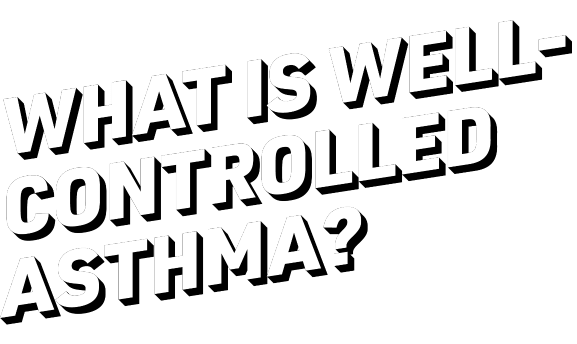
WELL-CONTROLLED ASTHMA MEANS YOUR SYMPTOMS ARE
LESS FREQUENT, YOU CAN DO ALL YOUR USUAL ACTIVITIES AND THE RISK OF FUTURE FLARE-UPS IS LOW1,2
Asthma control is the extent to which the features of asthma have been reduced or removed by treatment. It is based on:2,3
Symptom control
How often you experience symptoms, wake up at night and struggle to do usual activities
Risk of future adverse
outcomes
Asthma flare-ups (in particular), decline in how well your lungs work and side effects from treatment
Your asthma is well controlled when you experience very few symptoms throughout the day and night, can do all your usual activities and the risk of future flare-ups is low.1,2
YOUR ASTHMA MAY NOT BE AS WELL
CONTROLLED AS YOU THINK IT IS
DID YOU KNOW?
3 out of 5 Singaporeans thought that their asthma was
completely or well controlled4
WHEN IN FACT
4 out of 5 had uncontrolled or only partly controlled asthma4
Your asthma may not be well controlled if you’ve experienced any of the below in the past 4 weeks.3

Asthma symptoms
occurred during the day
more than twice a week

Woke up at night
due to asthma
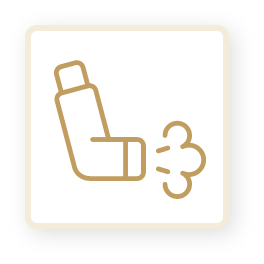
Used your reliever
medication more than
twice a week
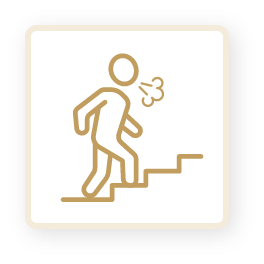
Struggled to do any of
your usual activities
ENSURING YOUR ASTHMA IS WELL CONTROLLED IS IMPORTANT
Uncontrolled asthma can negatively affect your lifestyle, and physical and mental health:5

Higher risk of
asthma symptoms
and exacerbations
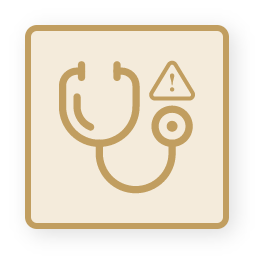
Greater risk of side
effects from treatment
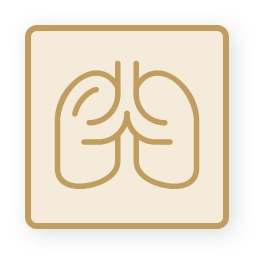
Lungs don’t work as well

More visits to the
emergency department
and hospitals

Miss out on work/
school more often

Decreases productivity
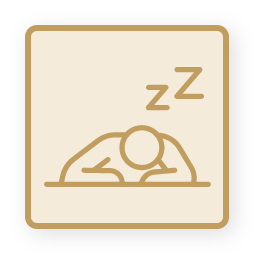
Disrupts sleep
quality and schedule

Impacts mental health
(anxiety and depression)
- American Lung Association. Assess and monitor your asthma control, 2022. Available at: https://www.lung.org/lung-health-diseases/lung-disease-lookup/asthma/managing-asthma/asthma-control. Accessed December 2022.
- Severe Asthma Toolkit. Severe asthma definition, 2022. Available at: https://toolkit.severeasthma.org.au/severe-asthma/definition/. Accessed December 2022.
- GINA. Global strategy for asthma management and prevention, 2022. Available at: https://ginasthma.org/gina-reports/. Accessed December 2022.
- Thompson PJ, et al. Respirology. 2013;18(6):957–967.
- Busse WW and Kraft M. Eur Respir Rev. 2022;31(163):210176.
GSK is not responsible for third-party website content.
NP-SG-ASU-WCNT-230003. April 2023.


